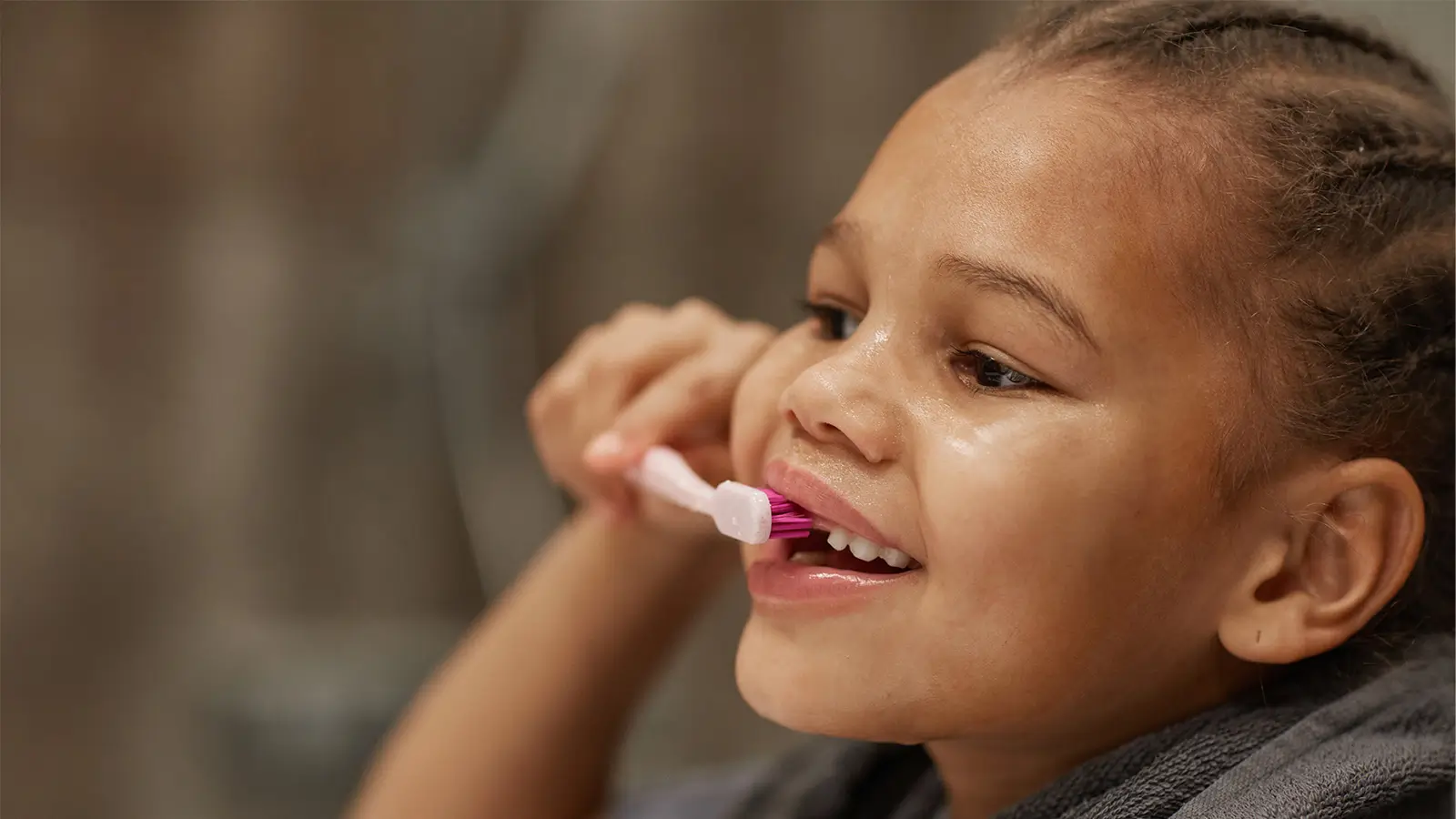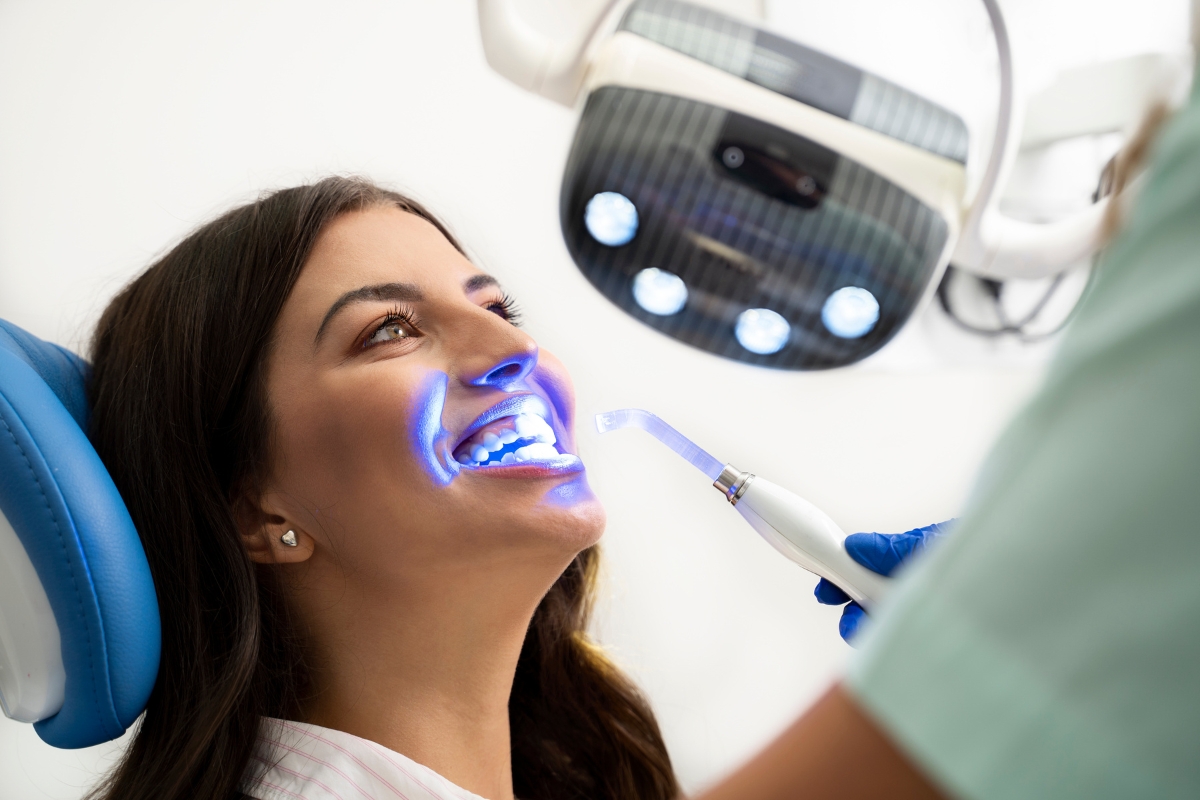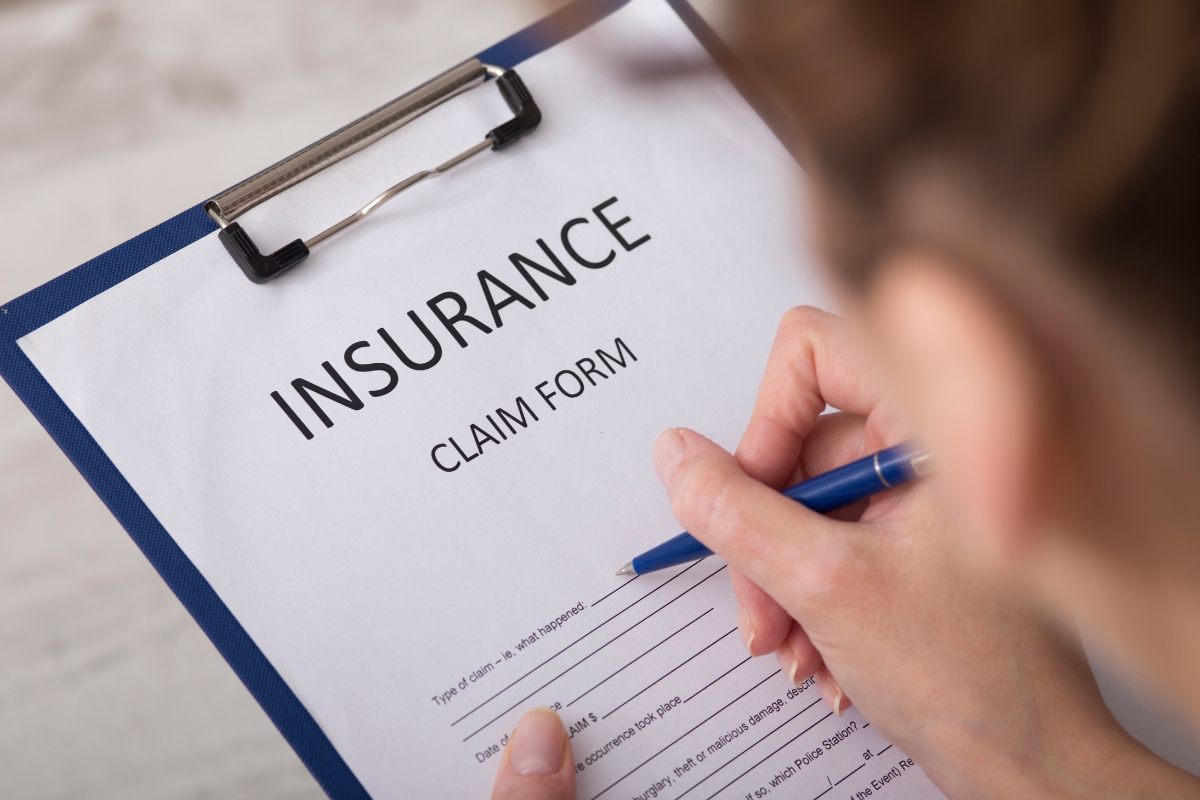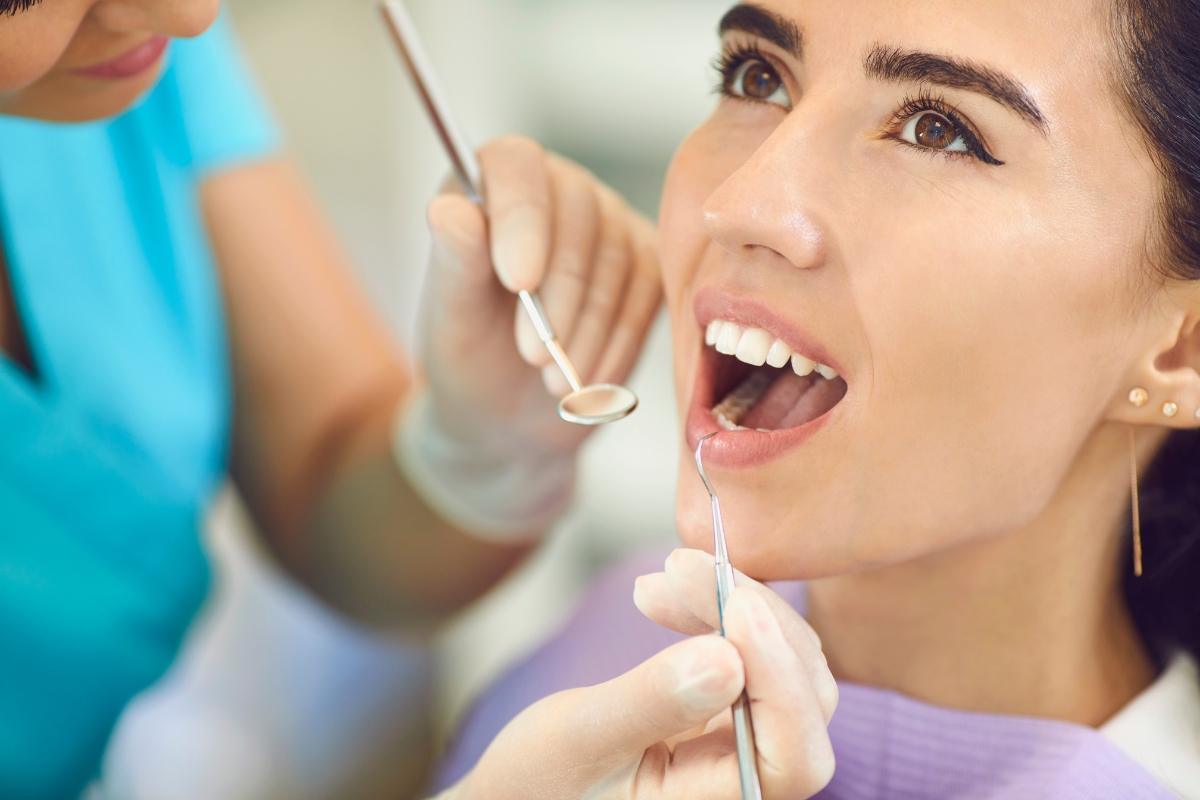17167 Cedar Gulch Parkway #104 Parker, CO 80134

Charcoal toothpaste is having a moment. You’ve probably seen it plastered all over social media: someone grinning with jet-black foam swirling around their mouth, promising a dazzling white smile just moments later. It’s bold. It’s messy. It looks like it should work. But here’s the thing: what’s trendy isn’t always what’s trustworthy. And when it comes to your smile, the stakes are high. Does charcoal toothpaste whiten teeth?
Is charcoal toothpaste truly the miracle it claims to be, or are we all just buying into some clever marketing? Before tossing your regular tube in favor of this dark, gritty alternative, it’s time to dig into the science, the risks, and whether there’s a smarter way to get the glow you’re after.
What Is Charcoal Toothpaste, Anyway?
Charcoal toothpaste contains activated charcoal, a fine black powder made from things like coconut shells, olive pits, or even bone char. Sounds intense, right? The charcoal is heated at very high temperatures to make it super porous. This porous nature is what allows it to bind to toxins or stains, at least in theory.
Charcoal is often used in hospitals to treat poisoning because of this absorption property. Somewhere along the way, that same logic was applied to teeth: if it can soak up toxins, why not soak up stains too?
Can Charcoal Whiten Your Teeth?
Here’s where it gets interesting. Many people notice an immediate “whitening” effect after using charcoal toothpaste. But let’s be real, that result is usually from surface-level stain removal, not actual bleaching or deep whitening.
Charcoal toothpaste acts as a mild abrasive. It scrubs away things like coffee or wine stains sitting on the enamel. So yes, it can make your teeth look cleaner in the short term. But that’s different from what you get with professional tooth whitening, which targets discoloration below the enamel for a more noticeable, longer-lasting effect.
Most dental studies reveal that charcoal toothpaste lacks ingredients like hydrogen peroxide or carbamide peroxide, key players in scientifically backed whitening. So, while it may offer a superficial glow, it doesn’t come close to what a dentist in Parker might offer in a clinical whitening treatment.
So…What’s The Catch?
The part no one mentions about charcoal toothpaste? That grit in this paste might be doing more harm than good over time. Tooth enamel doesn’t grow back. Once it’s gone, it’s gone. And overly abrasive products, like many charcoal pastes, can wear it down. That means increased sensitivity, weakened teeth, and, ironically, more staining.
There’s also another sneaky issue: The dark pigment in charcoal can get lodged in tiny cracks or dental work, like crowns or veneers. The result? A duller, patchier appearance. Exactly the opposite of what you were going for.
And here’s a curveball: some charcoal toothpastes skip fluoride altogether. That’s a red flag. Fluoride helps prevent cavities and protects enamel. Without it, you might be whitening your way into tooth decay.
The Science Just Isn’t Sold Yet
The American Dental Association (ADA) hasn’t given charcoal toothpaste its stamp of approval. That’s not because they’re behind the times; it’s because research is still limited, and the potential for long-term damage is real.
A growing number of dentists are cautioning patients about daily use. Occasional use might not be catastrophic, but if you’re brushing twice a day with a gritty black paste, your smile could pay the price in the long run.
That quick polish comes at a cost, and it’s your enamel footing the bill.
What Works For A Brighter Smile?
If you’re serious about whitening, it’s worth skipping the hype and going straight to the source. A dentist in Parker can walk you through options that don’t come with guesswork. From in-office treatments to take-home trays custom-fitted to your mouth, the difference in results is night and day.
Unlike charcoal toothpaste, professional tooth-whitening treatments penetrate beyond surface stains. They’re also backed by years of clinical research and safe-guarded protocols to protect your enamel. Translation? You get real results without the side effects.
You’ll spend less time scrubbing and more time smiling with confidence.
Still Tempted By DIY?
We get it. Something is thrilling about trying the latest trend. If you’re dead set on giving charcoal a go, moderation is key. Use it occasionally, not daily. Always pair it with a fluoride toothpaste. And check the label, some charcoal products come packed with unnecessary additives or no regulatory oversight.
Better yet, talk to your dental provider before diving in. They can check if your enamel is strong enough to handle abrasives and recommend a safer alternative if needed. Spoiler alert: They probably won’t say yes to brushing with a barbecue byproduct.
Charcoal toothpaste might make a splash on your feed, but the science behind it is still cloudy. The short-term sparkle it delivers often masks the long-term wear it causes. And honestly? Your smile deserves better than guesswork.
Opting for professional tooth whitening through a licensed provider gives you peace of mind and whiter teeth that last. Whether you’re sipping coffee or snapping selfies, the confidence of a professionally brightened smile shines through in ways no trendy tube can.
So before you chase the charcoal craze, ask yourself: Is it worth the risk, or would you rather glow the right way?
Want real results without the gamble? A quick chat with your dentist in Parker might be all it takes to map out a whitening plan that fits your life, your teeth, and your goals. Now that sounds like something worth smiling about.


